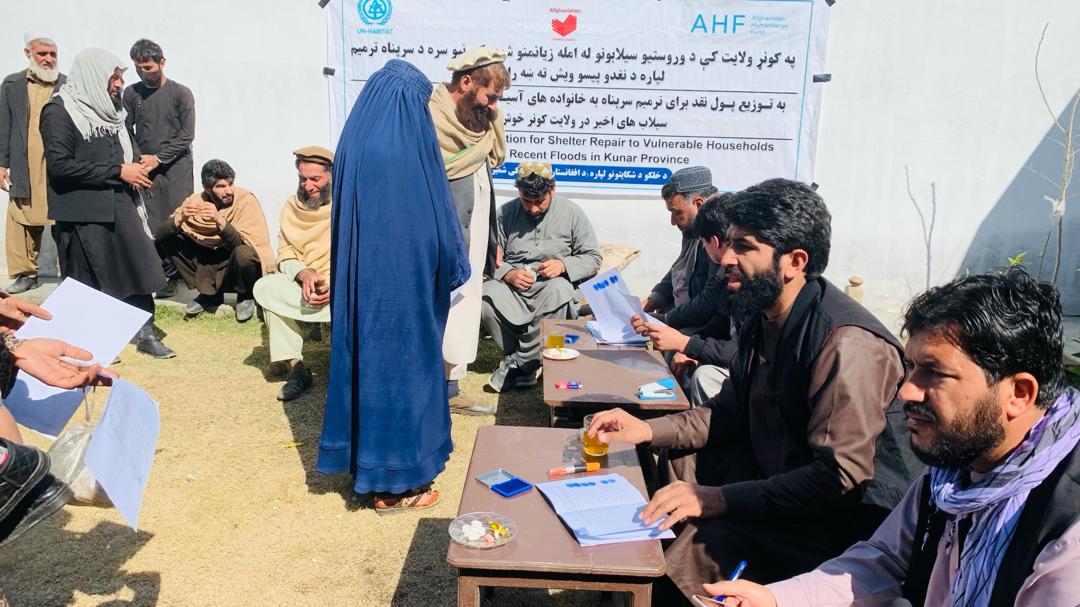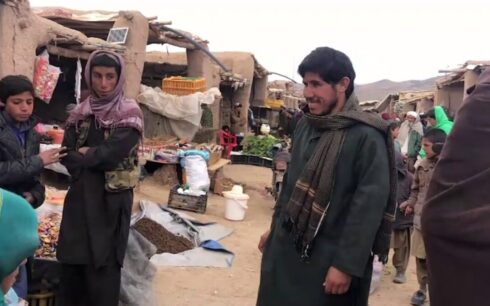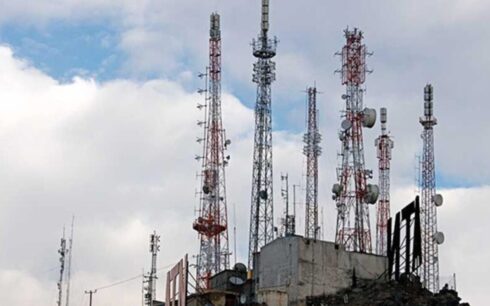KABUL, Afghanistan — The United Nations Office for the Coordination of Humanitarian Affairs (OCHA) reported on Thursday that 23.7 million people in Afghanistan, including 9.2 million children, remain in need of humanitarian assistance.
The organization in a statement highlighted that restrictions imposed on the rights and freedoms of women and girls by the Taliban “have hindered their access to assistance and services, and involvement in public life”.
OCHA identified several factors contributing to Afghanistan’s deepening humanitarian crisis, including entrenched poverty, ongoing conflict, widespread food insecurity, malnutrition, internal displacement, and environmental hazards such as landmine contamination and natural disasters. Additional challenges include outbreaks of disease, the effects of climate change, and political instability.
The World Food Program (WFP) has also flagged rising concerns over the Taliban’s policies, particularly its mandates on humanitarian organizations. A recent WFP report noted increased restrictions on aid operations in provinces such as Badakhshan, Herat, and Kandahar, complicating relief efforts.
Afghanistan is one of 22 countries facing acute hunger, according to WFP’s latest assessments. The agency estimated that 12.4 million Afghans are experiencing “severe” food insecurity, with many unsure of when they will receive their next meal.
In a statement this month, WFP highlighted the desperate measures some Afghan families are taking to survive.





